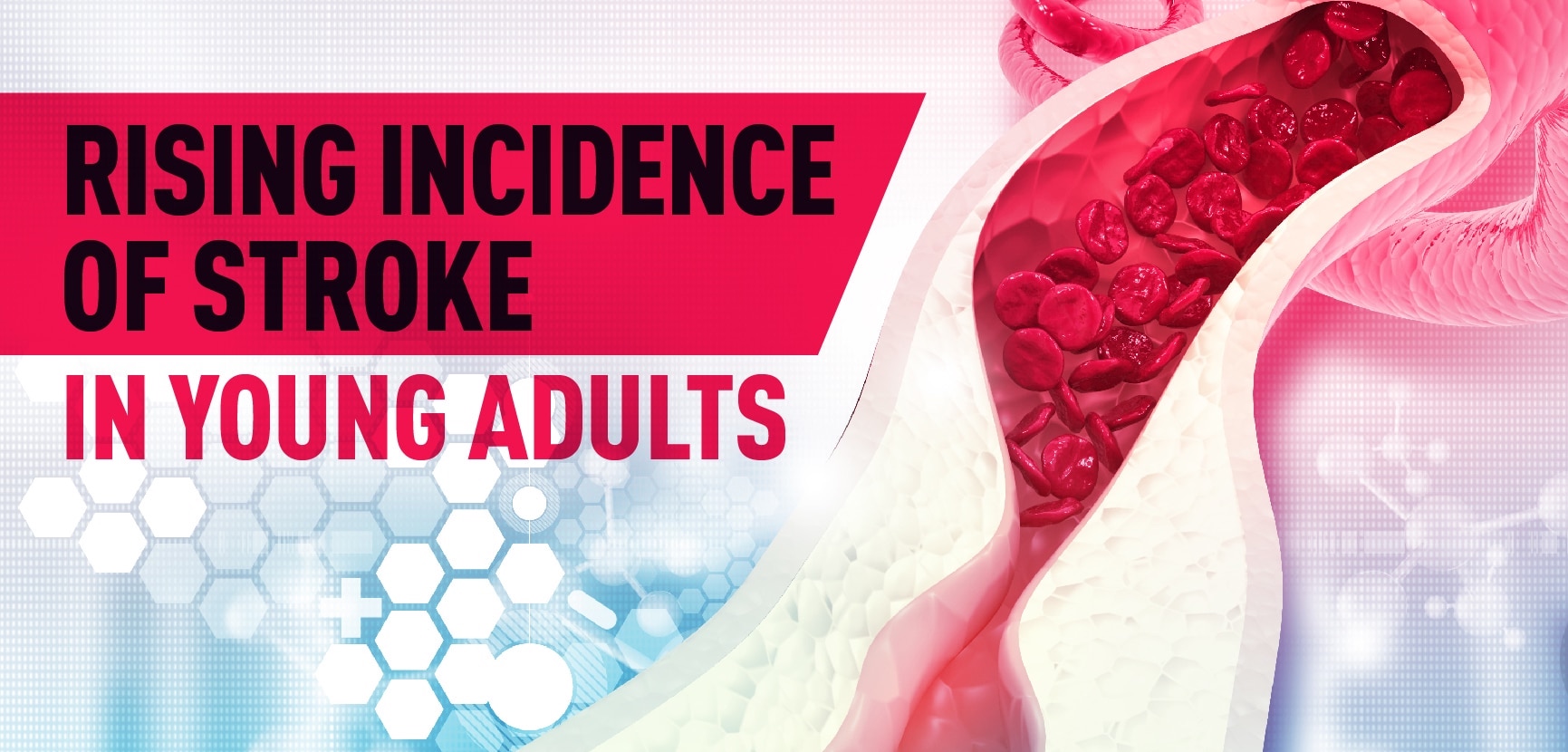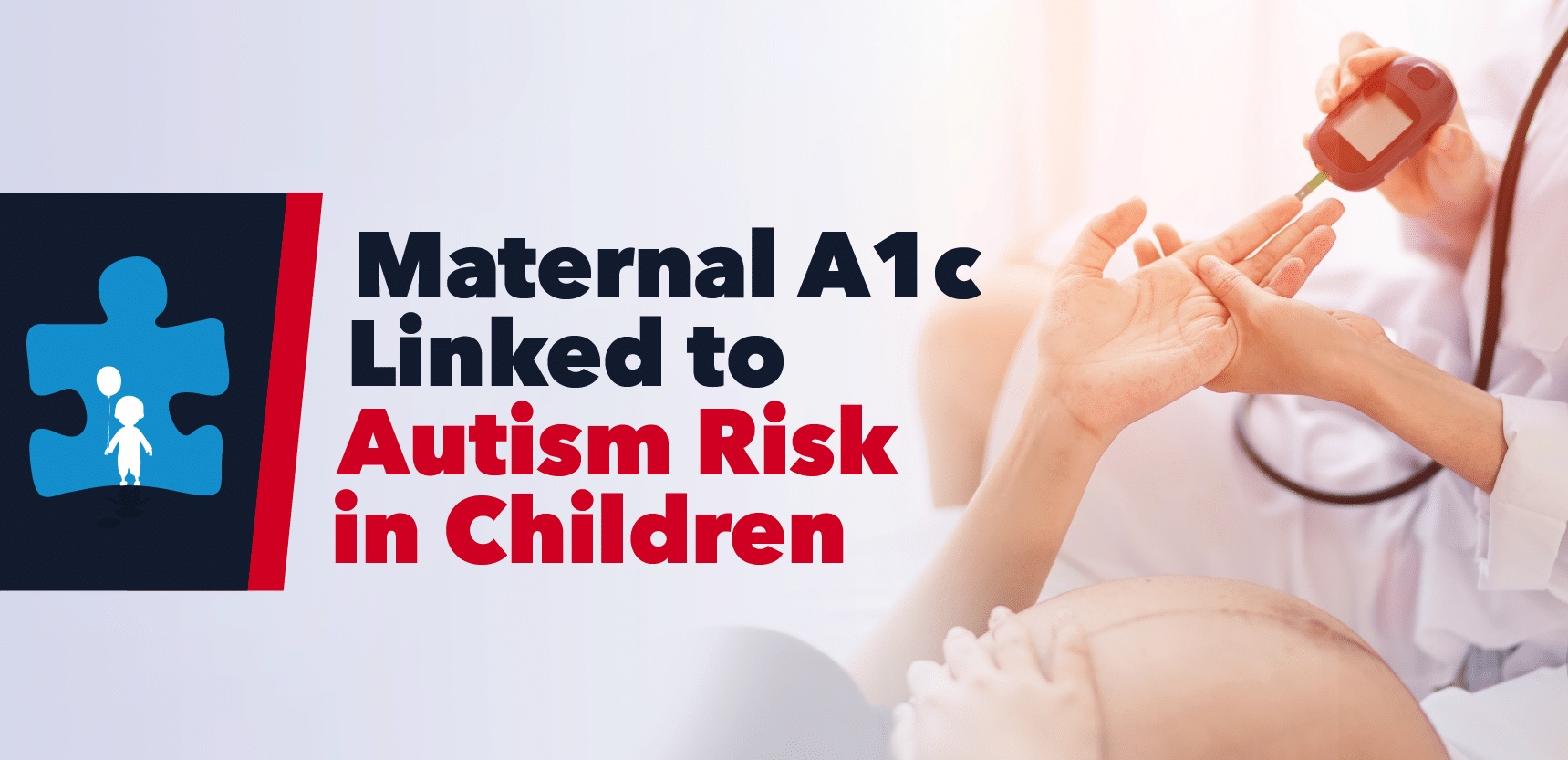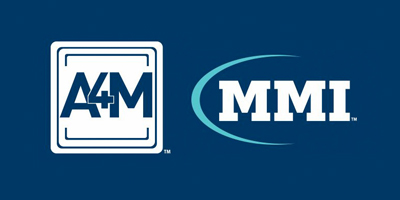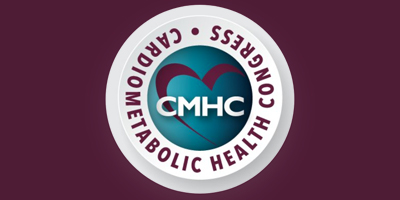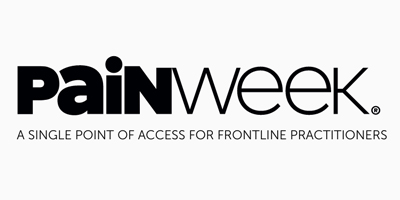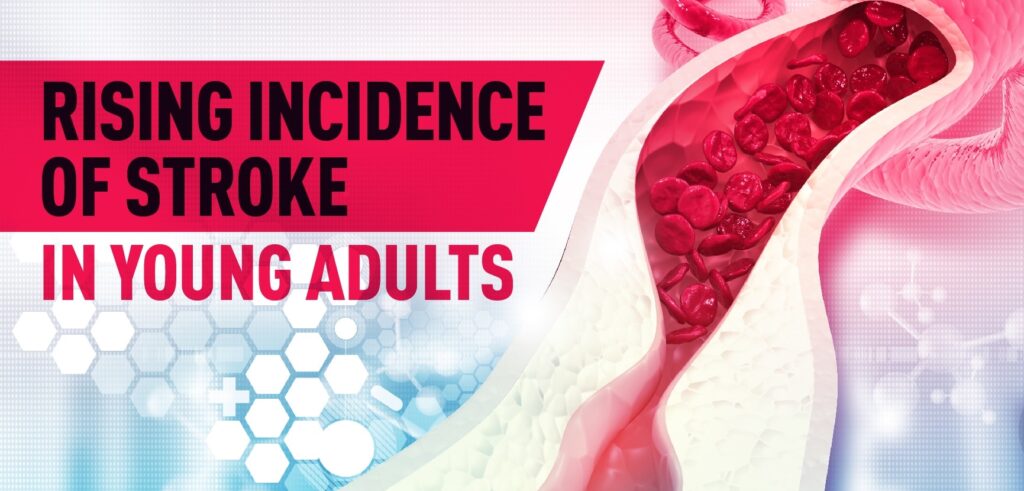Two phase 3, placebo-controlled studies suggest the oral Janus kinase (JAK) inhibitor upadacitinib is effective for moderate-to-severe atopic dermatitis (AD), both alone and with topical corticosteroids.
“The results are highly robust and consistent among studies with really high efficacy and clearance rates that we have not seen before,” Dr. Emma Guttman-Yassky of the Mount Sinai Health System in New York City, lead author of the monotherapy study in The Lancet, told Reuters Health by email. “The drug will be utilized for patients that require treatment for acute flares but also in chronic patients—-it provides the ability to start and restart at any time.”
The monotherapy study consisted of two replicate multicenter trials called Measure Up 1 and Measure Up 2. Both were done at centers across Europe, North and South America, Oceania, and the Asia-Pacific region.
Participants were adolescents (ages 12-17) and adults (18-75) with moderate-to-severe atopic dermatitis affecting 10% or more of body surface area; Eczema Area and Severity Index (EASI) score of at least 16; Investigator’s Global Assessment for Atopic Dermatitis score of at least 3; and Worst Pruritus Numerical Rating Scale score of at least 4.
Patients were randomly assigned to upadacitinib, 15 mg or 30 mg, or placebo once daily for 16 weeks. By that point, a higher proportion of patients treated with upadacitinib had achieved at least a 90% or 100% improvement in EASI scores than did those on placebo.
Efficacy in the two replicate studies was confirmed across a range of endpoints assessing skin signs, itch, skin pain, and quality of life.
Both upadacitinib doses were well tolerated with no new important safety risks beyond what was already included on the drug label (for rheumatoid arthritis).
Notably, a higher proportion of patients treated with upadacitinib reported an acne event in these studies than was reported for trials of JAK inhibitors in rheumatoid arthritis.
In the other study, Dr. Kristian Reich of University Medical Center Hamburg-Eppendorf and colleagues tested the efficacy and safety of upadacitinib in combination with topical corticosteroids. Patients were similar to those in the Measure Up studies and randomly received upadacitinib 15 mg or 30 mg plus topical corticosteroids, or placebo plus topical corticosteroids.
At week 16, the proportion of patients who had achieved EASI-75 was significantly higher in the upadacitinib 15 mg plus topical corticosteroid group (65%) and the upadacitinib 30 mg plus topical corticosteroids group (77%) than in the placebo group (26%).
The authors state, “The magnitude of the clinical responses observed were generally similar to those observed for upadacitinib monotherapy, which might indicate that the incremental benefit of adding topical corticosteroids to upadacitinib is minimal compared with upadacitinib as monotherapy. A substantial proportion of patients were able to discontinue topical corticosteroids while maintaining a strong treatment response at week 16, suggesting that upadacitinib therapy could align with steroid-sparing treatment goals.”
Dr. Jacob Thyssen of the University of Copenhagen, coauthor of a related editorial, commented in an email to Reuters Health, “Many patients with AD have never been without AD and have it as a life-long condition. They are therefore hesitant to accept a treatment with side effects. A large group have further been misinformed about an allergic or food trigger of their AD and keep looking for it for many years.”
“The many episodes of spontaneous and intermittent resolution of disease emphasize the possibility of a culprit trigger…that they were able to avoid, he said, “in turn motivating them to continue to reject systemic treatments that come with side effects.”
Instead of looking at the cost of these medications, he said, “I personally talk about the price of NOT doing anything – i.e., not treating AD. That leads so uncontrolled disease, sleep loss, anxiety, depression, risk of infection, low self-esteem, etc.”
“Also,” he said, “this systemic treatment given under proper guidance comes with a very low risk of serious side effects. In principle, both JAKs and biologics are good long-term solutions for AD patients, but we can now better cater to patients with special needs or situations.”
“So. while no magic bullet exists to treat AD, the dermatologist’s armamentarium is now very broad,” he concluded.
Both studies were funded by AbbVie. Some coauthors are employees. Dr. Guttman-Yassky and other coauthors have received funding from the company.



